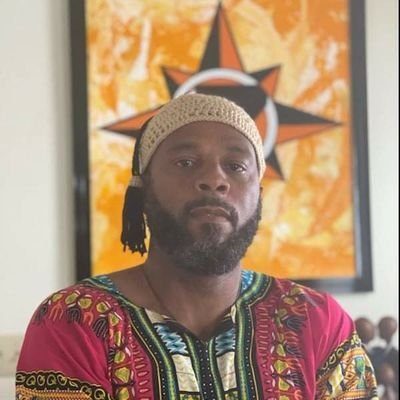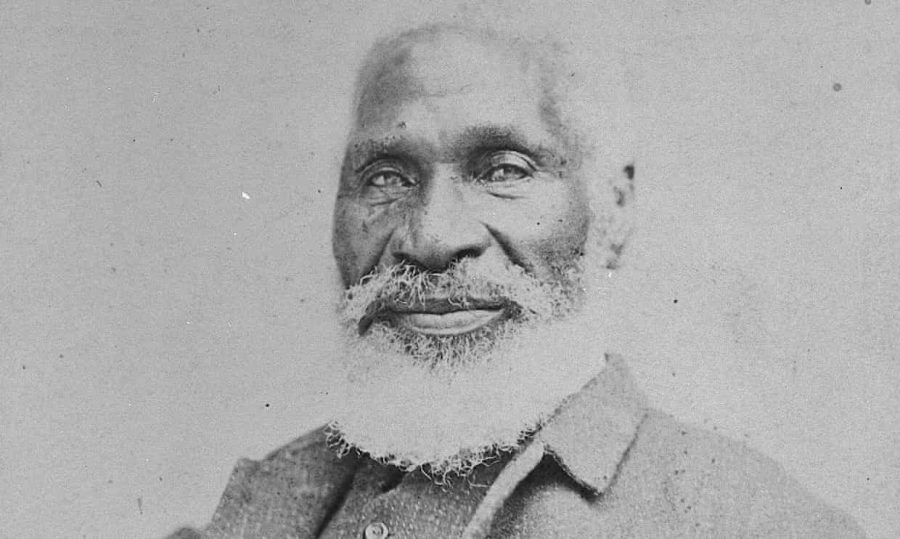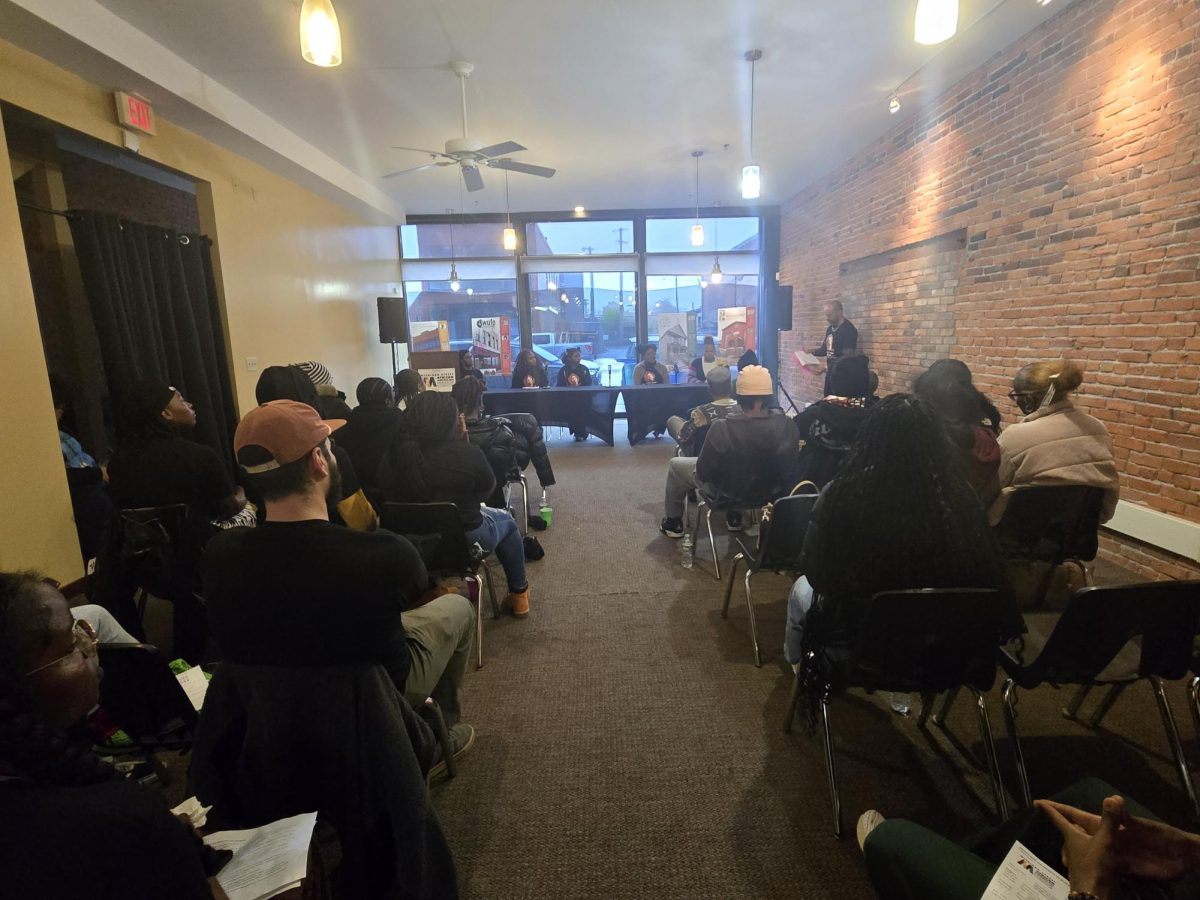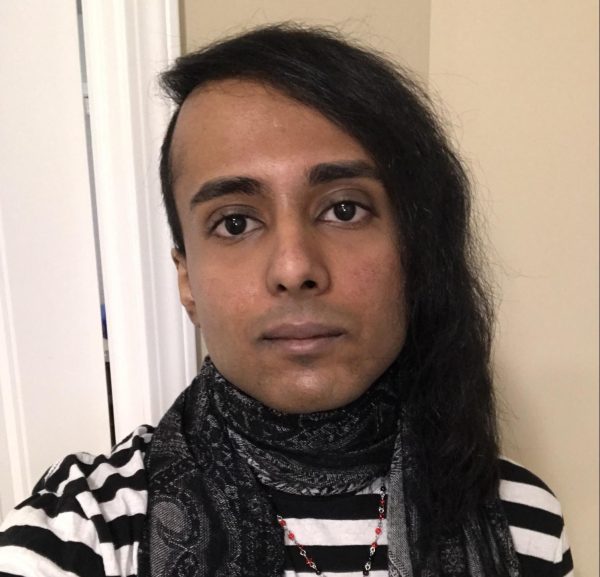Recap of ”Conversations With Cait’ episode 4: A discussion with Saladin Allah’ part one
February 4, 2022
Saladin Allah, the third-great grandson of the Underground Railroad freedom seeker whom Harriet Beecher Stowe used as the primary narrative for her famous 19th century novel, “Uncle Tom’s Cabin,” joined “Conversations With Cait,” where he shared his ancestor’s history.
A bestselling novel, Stowe received a lot of criticism from the public as it was one of the first books that addressed the horrors of slavery.
In fact, what most people don’t know, according to Allah, is that she wrote a second book called, “A Key To Uncle Tom’s Cabin,” which lists all of the references that she used, and it is in this book where she mentions Josiah Henson’s name.
“He was a forerunner for the Underground Railroad, which essentially means when he made his journey from the South to the North. Harriet Tubman, her name was Araminta at the time, she was still a child on a plantation,” Allah said. “He left the south of Kentucky in about 1830 and he made that journey of over 600 miles from Kentucky up here to western New York and crossed at the foot of Ferry, which is known as Broderick Park in Buffalo, New York in October of 1830.”

photo credit: Atlantis Build / Twitter
What makes Henson’s journey particularly stand out is that he took his whole family of his four children and his wife with him, which is something that was uncommon because of the danger.
Henson had to carry his two smaller children in a knapsack on his back.
Despite the fact that Henson was illiterate, Allah describes his ancestor as courageous and a genius.
“He could read the environment, he could read the people, but he didn’t know how to actually read books,” he said. “He was intelligent and genius enough to make the journey from the South to the North.”
When he crossed to Canada, he settled in a community called Little Africa, which was located in Fort Erie, Canada.
He lived there for quite some time until he traveled further north, where he eventually created the Dawn Settlement, a community of over 150 people.
The Dawn Settlement was just one of many freedom seeker settlements that were established in Canada.
“They were not only greeted with love and care and compassion, but also essentials such as food, clothing and shelter as well as employment,” he said.
Henson also helped construct the British American Institute and would travel back and forth from the United States to enroll abolitionists.
Allah’s grandmother was born in St. Catherine’s Ontario, Canada and she grew up in the same community of freedom seekers, one family of which was the Tubmans.
In 1925, she moved to the United States where Allah’s father was eventually born.
“This is something that I learned directly from my family and it’s an ancestry that I’m very proud of,” he said.
Allah currently works as both a community liaison and visitor experience specialist in the Niagara Falls Underground Railroad Heritage Center.
“If you’ve never been to the space, I definitely encourage you to come experience our Freedom Conversation tours because we have learned the type of technique to create a safe space for our guests in order to discuss challenging difficult topics related to, not only freedom seekers of the past, but modern day freedom seekers and how some of those different journeys of the past are connected to different social justice issues that are going on today,” he shared.
For more information on events and tours, please visit their website.




